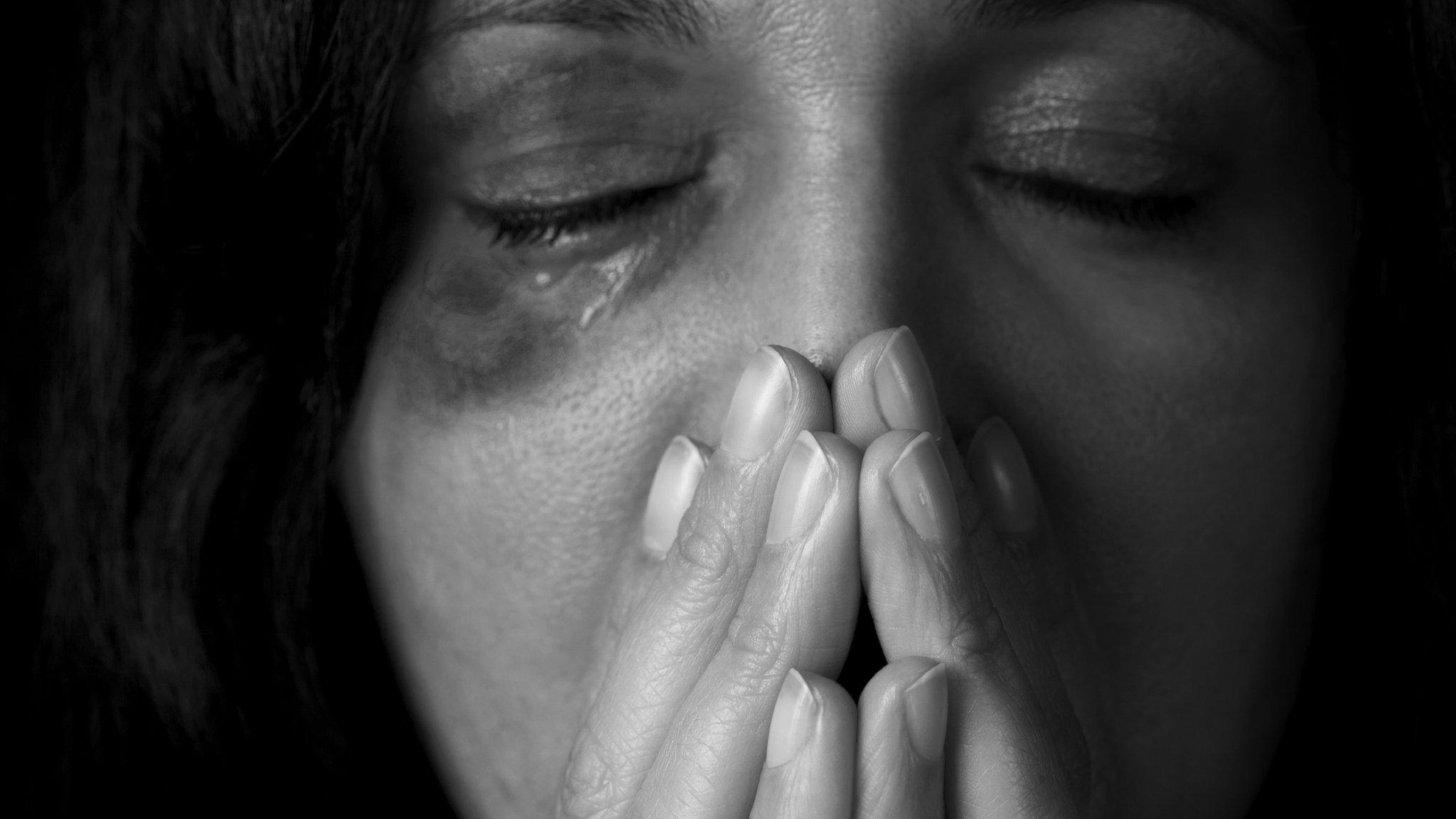Tunisian women free to marry non-Muslims
- Published

Tunisian women have been campaigning for greater rights
Tunisia has overturned a law that banned women from marrying non-Muslims.
A spokeswoman for President Beji Caid Essebsi made the announcement and congratulated women on gaining "the freedom to choose one's spouse".
Until now, a non-Muslim man who wished to marry a Tunisian Muslim woman had to convert to Islam and submit a certificate of his conversion as proof.
Tunisia, which is 99% Muslim, is viewed as one of the most progressive Arab countries in terms of women's rights.
The new law comes after President Essebsi pushed for the lifting of the marriage restriction decree that was put in place in 1973.
He said in a speech last month, during celebrations of the National Women's day, that the marriage law was "an obstacle to the freedom of choice of the spouse".
The restriction was also seen as violating Tunisia's constitution which was adopted in 2014 in the wake of the Arab Spring revolution.
Human rights groups in Tunisia had also campaigned for the law's abolition.
The order comes into force immediately and couples are free to register their marriages at government offices.

An important milestone
Rana Jawad, BBC News, Tunis
Many Tunisians see the removal of the marriage restriction as another landmark in guaranteeing women's freedom in the country.
It sets apart Tunisia as the first country in the Middle East and North Africa to remove the legal hurdles to marrying outside the official state religion.
It is an important milestone in a region where religion in marital ties can be at the heart of many a family feud, and long struggles against state laws.
Unlike Muslim women, men can marry non-Muslim women without providing any religious documents.
Tunisia is also home to a Jewish, as well as a small Christian, minority and it is not entirely clear how the marriage restriction applied to them.
Scrapping the decree may not do away with the cultural and traditional obstacles women face with their families in cases of inter-faith marriage, but it now offers Tunisian women greater freedom of choice from a legal perspective.

In July, the Tunisian parliament also introduced a new law that abolished a clause that allowed rapists to escape any punishment if they married their victims.
The country banned polygamy as far back as 1956, setting it apart from other Muslim-majority nations.
However, women in Tunisia still face discrimination, particularly in matters of inheritance which still prioritises sons over daughters.
The Tunisian Association of Democratic Women estimates that nearly 70% of Tunisian women are victims of abuse.
Amnesty International reported last year that there were few signs to show that things had improved for women since the Arab Spring revolution in 2010.
- Published8 March 2016

- Published27 March 2013

- Published1 November 2017
